
The Family Outcomes Data Community of Practice allows individuals to share issues and resources related to family outcomes measurement, including analysis, data quality, and data use and dissemination. Specific topics […]
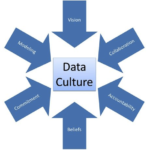
Conference: NASDSE Date: September 2020 Presenters: Bruce Bull, Grace Kelley, & Michelle Lewis How to build a strong a data culture and support building a data team to use data […]
The Early Childhood Data Use Assessment Tool is designed to identify and improve data use skills among early childhood education (ECE) program staff so they can better use data to inform, plan, monitor, and make decisions for instruction and program improvement.

This webinar describes the IES Using Longitudinal Data to Support State Policymaking grant program (84.305S) which supports state education agencies’ (SEAs’) use of their longitudinal data systems to generate evidence for making policy decisions
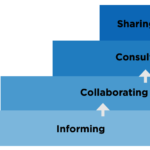
This resource is a 7-page brief that describes a 3-step approach for engaging diverse stakeholders (e.g, families, home visiting model developers, providers, researchers, legislators) in creating a process for integrating […]

This 16-page policy guide contains information about how to develop a culture of data use in education settings. It summarizes important lessons learned from a November 2018 Education Commission of […]
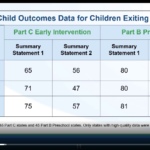
November 22, 2019 Webinar Recording Webinar Slides The ECTA and DaSy Center staff have completed their national child and family outcomes data analysis. They discuss the national performance data for […]
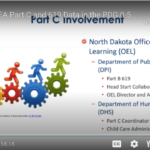
August 27, 2019 States awarded Preschool Development Grants B-5 (PDG B-5) are actively engaged in assessing the current needs for children and their families identified as vulnerable. States are taking […]
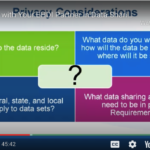
August 28, 2019 This interactive webinar highlights stories from Part C Coordinators who have or are developing collaborative data sharing agreements that allow them to share Part C data with […]

Authors: Denise Mauzy and Haidee Bernstein, DaSy A recent policy guide from the Education Commission of the States asserts that “when states treat data collection and analysis as a lesser […]










